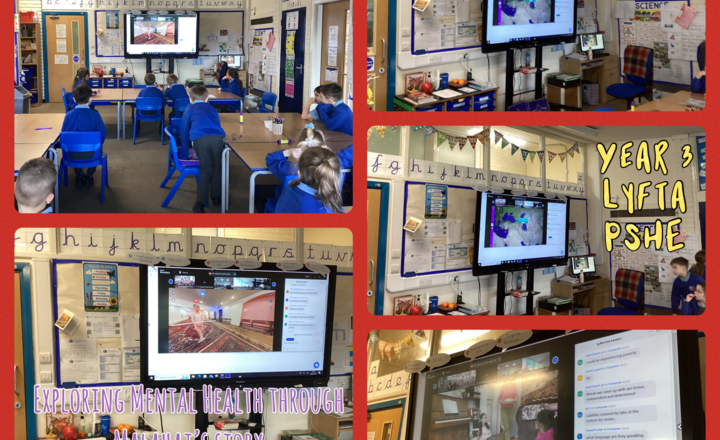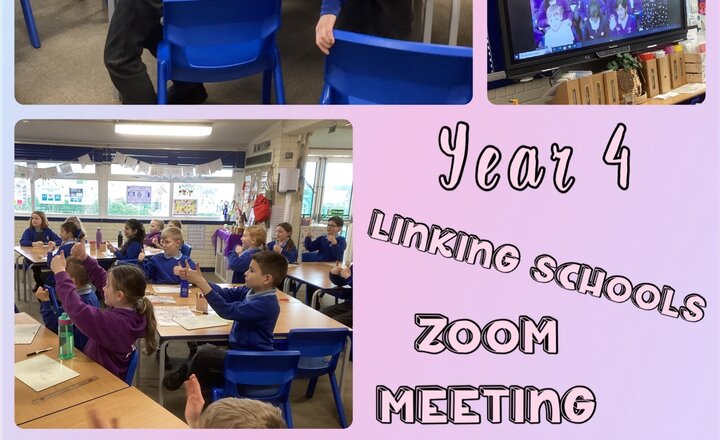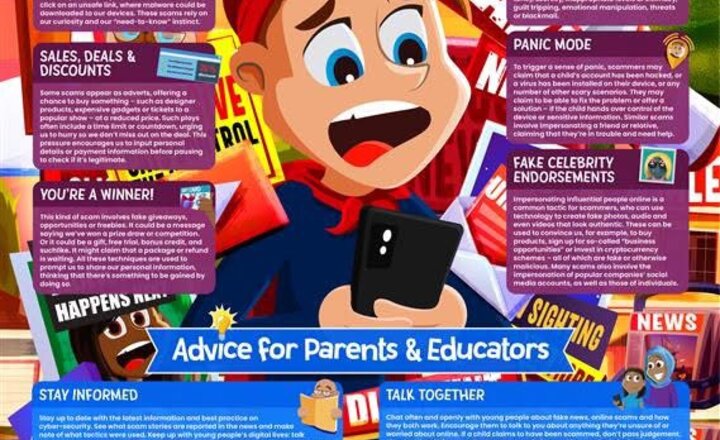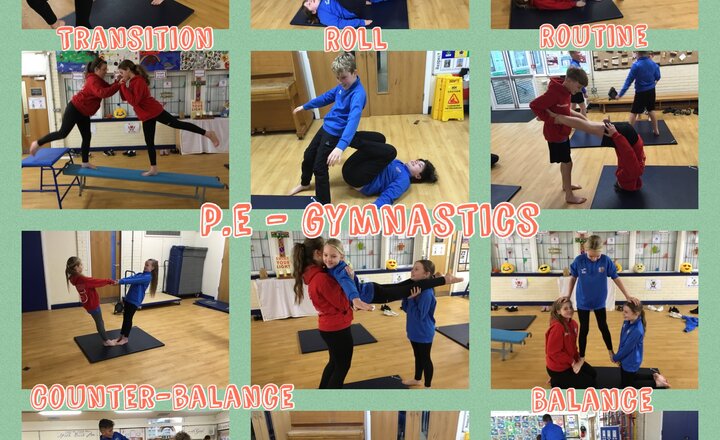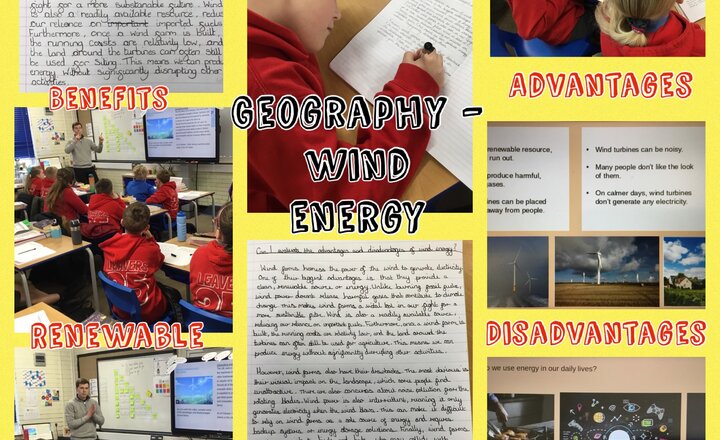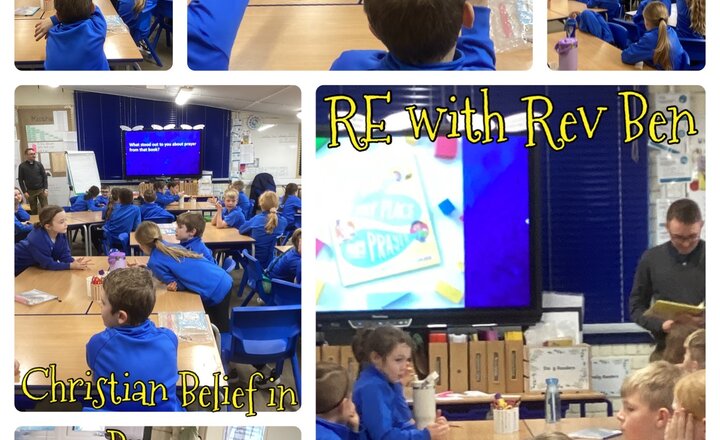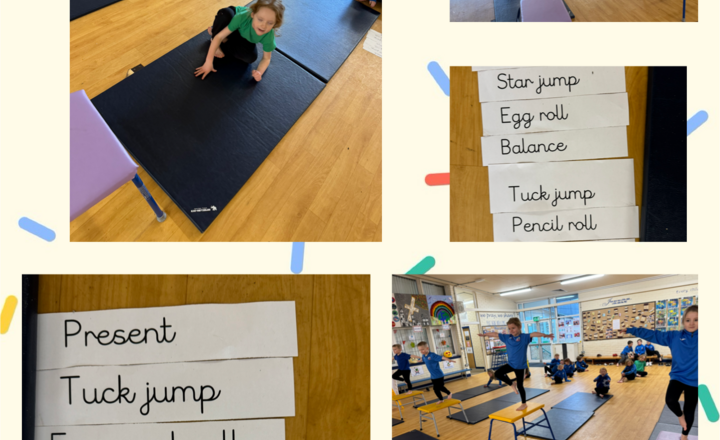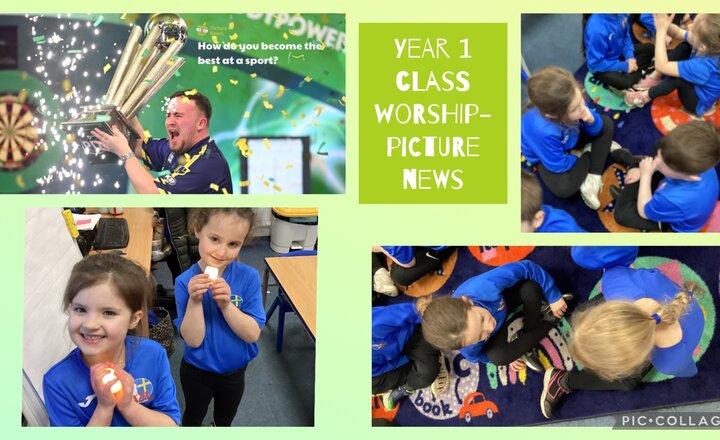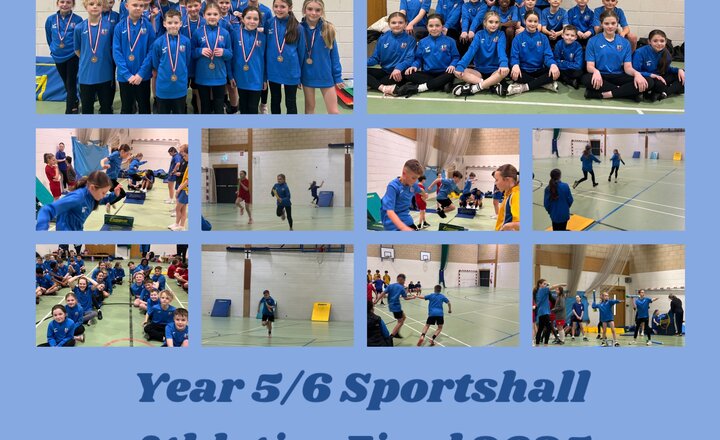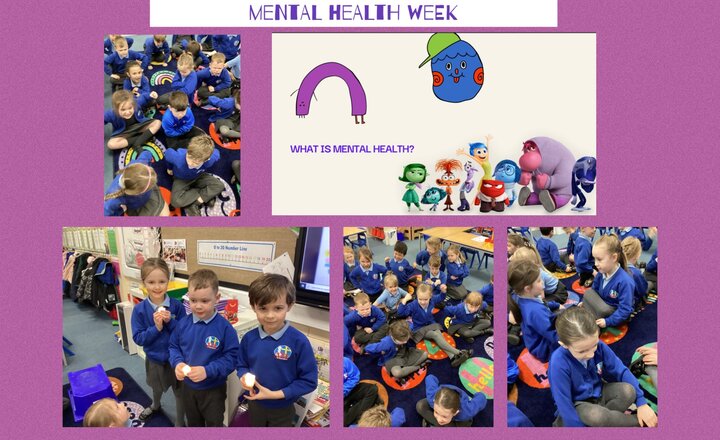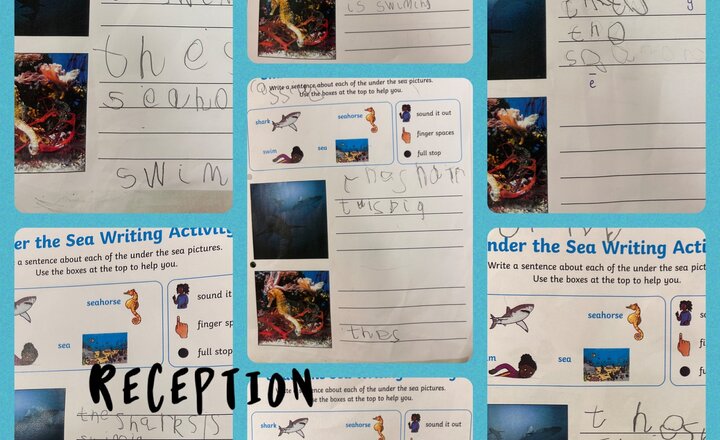Year 3- PSHE- Lyfta- Know Yourself, Grow Yourself: Exploring Mental Health and Aspirations Through Malahat’s Story
Today in class, our Year 3 students joined hundreds of other schools in a live Lyfta session, exploring the theme "Know Yourself, Grow Yourself" and the importance of children's mental health through the inspiring story world Dancing in the Land of Fire. During this engaging 45-minute session, our students, alongside thousands of their peers, reflected on self-awareness and well-being, inspired by the journey of 11-year-old Malahat, who dreams of becoming a world-famous dancer and building a new home for her family in Baku. The children were fascinated to learn about Azerbaijan, particularly its vibrant capital, Baku. Through this experience, they gained a deeper understanding of mental health, resilience, and self-growth. The session encouraged them to think about their own dreams, emotions, and personal strengths, helping to build their confidence and empathy. It was a valuable opportunity for them to develop a global perspective while also reflecting on their own well-being and aspirations.
Year 4 - Linking Schools: Zoom Meeting
What an exciting day on Monday! The Year 4s had the opportunity of linking live via Zoom with their linking class from St Matthew’s in Blackburn. The children showed St Matthew’s some of the Makaton signs they’d been learning and asked their new friends some curiosity questions they’d prepared, before answering questions from the link class. We then finished our session playing a couple of games together. It was a great first meeting and we can’t wait to meet our new friends in the summer term.
Online Safety: Scams and Fake News
Figures from Ofcom claim that nearly 3.5 million British children have encountered a scam online, and it's vital we learn how to recognise their tactics and protect youngsters against them. This week’s guide and the latest episode of the #WakeUpWednesday podcast deal with the topic of ‘fake news’ and how it might be used to make scams seem more persuasive. Download here >> https://ow.ly/I65s50UTm0P Listen here >> https://ow.ly/5fp750UTm0R
Year 6 P.E - Gymnastics
In P.E, year 6 have been continuing to work on their gymnastics skills. They have focused on counter-balances to create a routine with their partner, adding in transitions. Some children have even used the apparatus to create interesting shapes and balances. This involve placing a lot of trust in your partner and all of the children’s routines are looking fantastic!
Year 4 - Great Big Live Assembly
In Year 4, we took part in the Great Big Live Assembly for Children’s Mental Health Week. We heard stories from various children about how they try to look after their mental health and things that can affect their mental well-being. The children said their key takeaways were that there are children around the world getting only one meal a day, that these children have to worry about where their next meal is coming from, and also that it is important for us to address and share our worries so that they don’t get out of control.
Year 6 Geography - Wind Energy
In geography, year 6 have been discussing the advantages and disadvantages of wind energy. We talked about how we use energy in our everyday lives, they types of energy we use and whether these are renewable or non-renewable, why wind energy is a good and sustainable energy source, but also why some people have concerns about its use. We used the key vocabulary from the lesson to produce some super writing.
Year 4 - RE with Rev Ben: Prayer
One of the key experiences in the current Year 4 RE unit is to learn from a Christian visitor about what Christians believe and how this is revealed in the way they pray. Rev Ben loves coming into school to explore faith with the children, and the children, in return, always offer their own insights. This lesson offered a fantastic opportunity to exchange thoughts and ideas, and we fully encourage respectful discussion of different worldviews in RE. The children loved exploring Christian belief through song, liturgy and 5 finger prayers. Thank you, Rev Ben.
Year 2 - Creating a unique gymnastics routine
This afternoon, year 2 took ownership of their own gymnastics routine. As a group they decided which movements they wanted to include in their routine and in which order. It was important that each group communicated well in order to agree on a routine. The children were tasked with memorising their routine so they could perform to the class with confidence. Next week we will continue with our same routines but perfect our techniques of the individual movements.
Year 1 Class Worship- Picture News
Today in class worship, Year 1 explored the following question, ‘How do you become the best at a sport?’ Miss Flynn was really impressed that many of us already knew who the sportsperson Luke Littler was and why he had become famous. We thought about what skills Luke Littler would have needed to demonstrate in order to become the famous darts player that he is today. The children came up with some very thoughtful answers such as having the patience and perseverance to practise again and again. They recognised that he wouldn’t have got to the advanced level that he is at now at without making mistakes along the way and having to continually work hard to improve his skills. For example, the aim of his throw. We thought about how we can show courage when we are working on a skill in order to improve and be the best that we can be.
3rd place at Yr 5/6 Sportshall Athletics Final
We are immensely proud of our Year 5/6 Sportshall Athletics team for their grit and determination, which resulted in them gaining 3rd place out of 27 schools across Blackburn with Darwen. A huge thank you to Mrs Gardner for her dedication to our squad through extra training after school. Thanks to Mr Bloomfield for his support today in organising the field events. We really appreciate the support of the parents who helped to transport the children. Mrs Gardner led the girls team and Mrs Ham led the boys team and we couldn’t be prouder of the whole squad for their effort in each event and their encouragement towards each other. We may be small, but we are mighty! All of the action photos can be found here: https://www.stbarnabasdarwen.co.uk/photo-galleries/yr-5-6-sportshall-athletics-final-feb-2025
Year 1 Class Worship- Children’s Mental Health Week
Today in class worship, we engaged with the Blackburn with Darwen Children’s Mental Health Presentation on the theme of ‘Know Yourself and Grow Yourself.’ We started by discussing what mental health is. Olivia said that mental health is looking after yourself on the inside, Alessia said that it is having a happy heart and mind and Callie said that it’s about how you feel. We then thought about the following question, ‘What are the signs that our mental health is good?’ We recognised that our mental health is good when we are feeling happy, we can can concentrate and enjoy lots of things in our lives. Isabella said that this could be enjoying spending time with our family, Alayna said that this could be enjoying spending time with our siblings, Samuel said this could be enjoying going to places such as the play centre and Vienna said this could be enjoying playing with our friends or having some alone time to practise a skill or talent. We learnt that to have good mental health, we must recognise when we are feeling negative feelings such as sadness and anger so that we can support and comfort ourselves by doing something that we enjoy. We also learnt that if a feeling is becoming too big to manage or cope with and it is stopping us from sleeping, having fun or not being able to concentrate then we must seek support from someone that we trust. The children decided that they would ask the support of their mummy, daddy, other family members or teachers at school. To end our worship, we had some beautiful prayers.
Reception: Wonderful Writing
Our children have really enjoyed our under the sea topic. It is wonderful to see how much progress they are making with their writing. The children have been writing sentences independently in continuous provision- well done!
